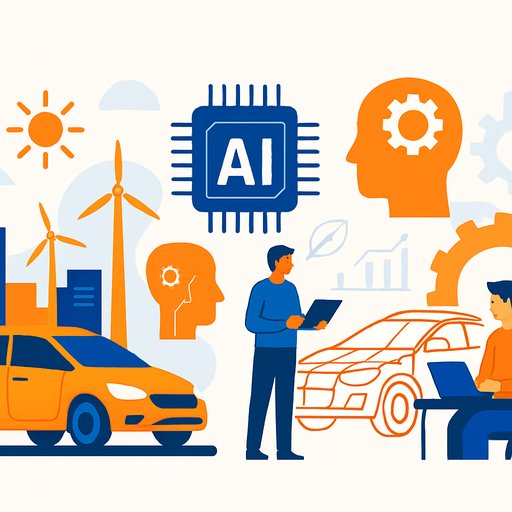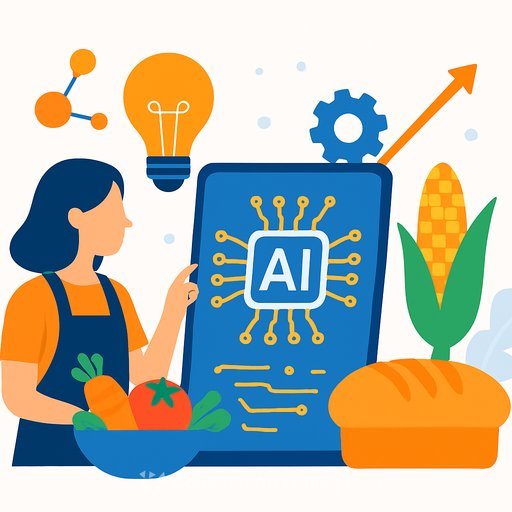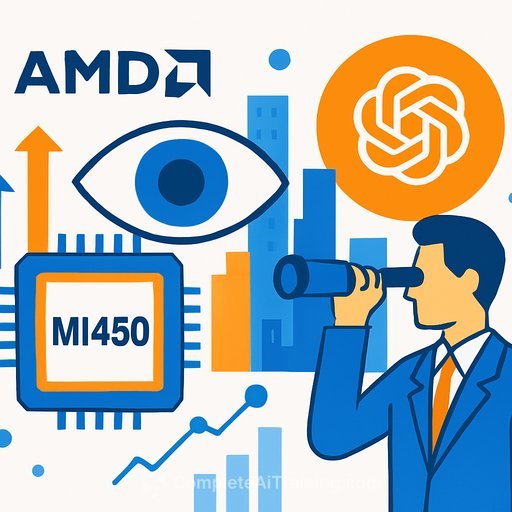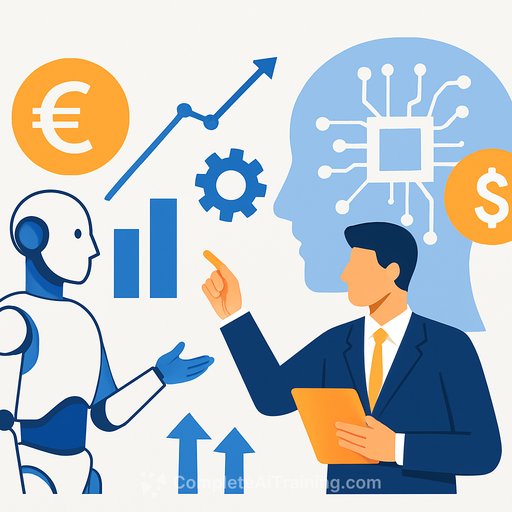Detroit Engineered Products Expands Indian R&D and Boosts AI-Driven Engineering
Detroit Engineered Products (DEP) is widening its global innovation reach by growing its R&D presence in India and advancing its AI-powered MeshWorks platform. Focused on sustainability, cross-industry applications, and developing future engineering talent, DEP is enabling faster, smarter, and more eco-friendly product development.
Serving sectors from automotive and aerospace to renewable energy and healthcare, DEP is pushing forward new approaches in computer-aided engineering (CAE).
Strategic Expansion of R&D Centers
DEP is growing its R&D network with centers and satellite offices in Mysuru, Coimbatore, and Tirupati/Sri City. Each location offers unique advantages that contribute to a strong innovation ecosystem:
- Mysuru: Known for software and CAE expertise, supported by leading engineering institutes and Karnataka’s ESDM cluster. Ideal for model-based development, simulation, and embedded cybersecurity.
- Coimbatore: Known for precision manufacturing, strong auto-component SMEs, and mechanical engineering academia. Suited for lightweight structures, mechanical design, and mechatronics integration.
- Tirupati/Sri City: Located near a thriving electronics manufacturing cluster and premier institutes like IIT Tirupati and IIIT Sri City. Perfect for electrification systems, HIL/SIL testing, and sensor integration.
These three hubs create a cost-effective and capable triangle: Mysuru focuses on digital engineering, Coimbatore on mechanical prototyping, and Tirupati on electronics validation. This setup accelerates innovation and delivery across multiple domains.
AI-Powered MeshWorks Platform
DEP’s MeshWorks platform integrates AI and machine learning to improve design optimization and simulation. It uses “physics-grade AI” to blend physics-based models with AI, enabling faster and more precise results.
The platform is applied in various industries:
- Renewables: Optimizes wind blades, solar structures, and battery enclosures for energy efficiency.
- Power Electronics: Enhances thermal, electromagnetic, and vibration performance.
- Aerospace: Speeds up aero-structural design, electric propulsion, and noise reduction.
- Electric Mobility: Improves battery pack design, lightweighting, and thermal management.
With modular plug-ins like Auto Trainer, Auto Predict, and Auto Optimization, deep integration with CAD/CAE/PLM systems, and hybrid learning strategies, MeshWorks can reduce design cycles by up to 90%. It also ensures compliance and manufacturability while adapting AI tools to specific industry requirements.
Embedding Sustainability in Engineering
DEP integrates sustainability goals directly into early design and simulation phases, treating energy efficiency and material optimization as mandatory constraints.
Examples include:
- Weight reductions in mobility programs without safety compromise.
- Longer-life wind blades with reduced material waste in renewables.
- Reduced thermal loads and power consumption in industrial equipment through AI-driven design iterations.
Impact is tracked using engineering KPIs such as weight reduction, lifecycle CO₂ savings, recyclability, and energy efficiency. Business benefits include lower total cost of ownership and faster green certifications. Digital twins and predictive analytics monitor performance and maintenance savings over time, informing continuous improvement.
Upcoming Engineering Trends
Three key shifts are shaping the future of engineering:
- Skills shift: Engineers will need to combine domain expertise with data science, managing AI-assisted workflows and interpreting AI-generated solutions.
- Tool shift: CAE platforms will unify physics simulation, AI surrogates, and digital twins, supporting cloud or hybrid deployment with modular AI components.
- Business model shift: Clients will favor “design-as-a-service” or “optimization-as-a-service,” focusing on outcomes like weight or energy savings, prompting new pricing and collaboration models.
Cross-Industry Innovation in Action
DEP’s mesh morphing and parametric optimization techniques, initially developed for automotive, have been adapted for biomedical implants. This allows rapid customization based on patient scans without remeshing, cutting design time from weeks to days while improving performance predictions.
This approach also benefits marine propeller optimization, showing how innovations in one sector can accelerate progress in others.
Building the Next Generation of CAE Talent
DEP invests heavily in developing CAE talent through continuous learning, diversity, and cross-functional teamwork. Engineers participate in internal AI/ML and simulation bootcamps, university partnerships, and gain access to the latest tools to stay current with technologies like digital twins and physics-informed machine learning.
Diverse teams combining mechanical, electrical, and data science backgrounds enhance problem-solving and innovation. Rotation programs, mentorship, and exposure to multiple sectors build both deep and broad expertise.
The company culture encourages experimentation, knowledge sharing, and early adoption of AI workflows to keep teams agile and prepared for evolving engineering challenges worldwide.
Your membership also unlocks:






